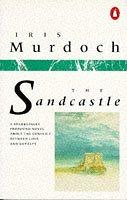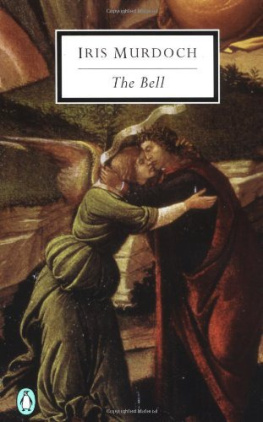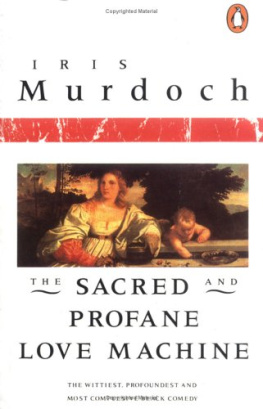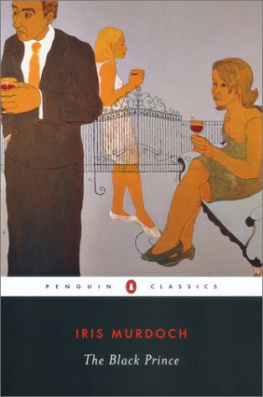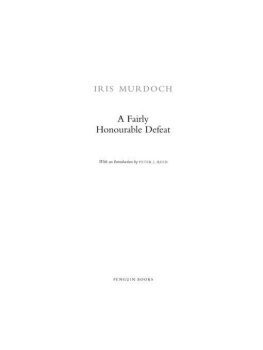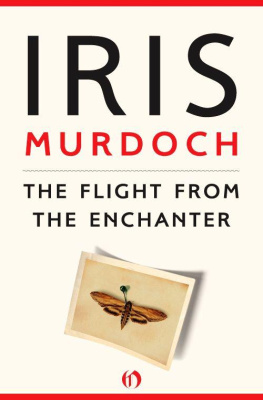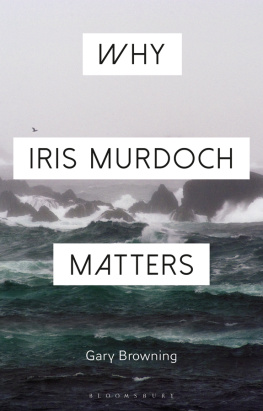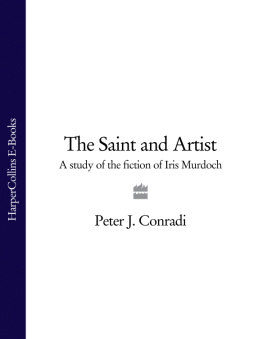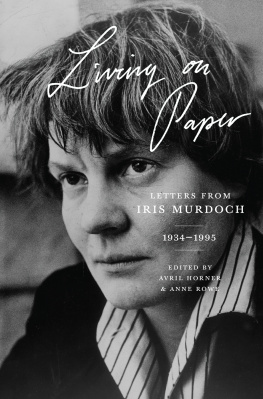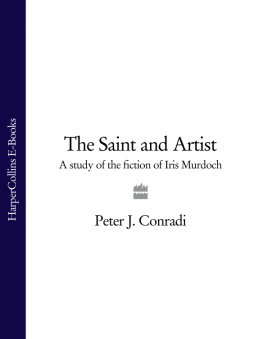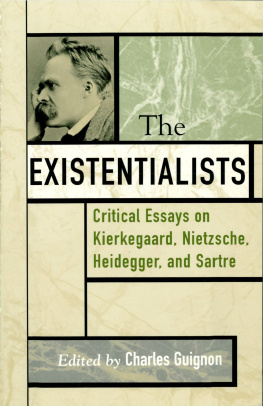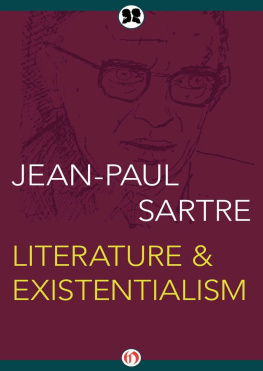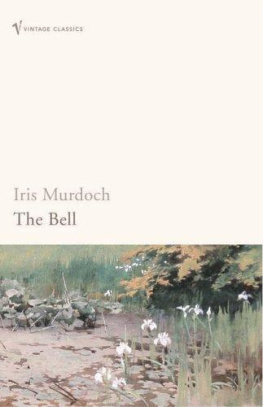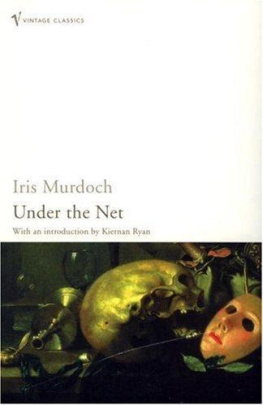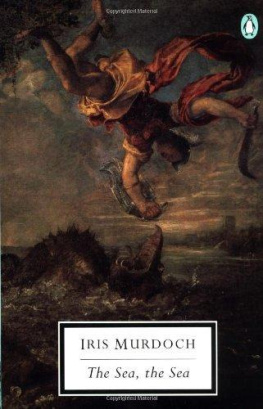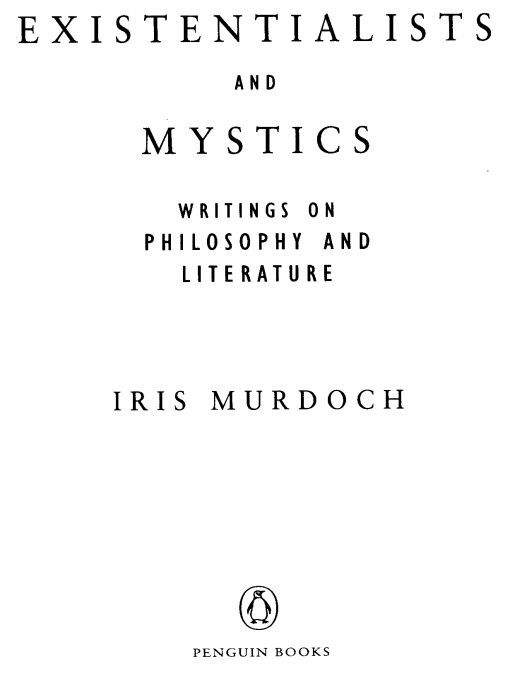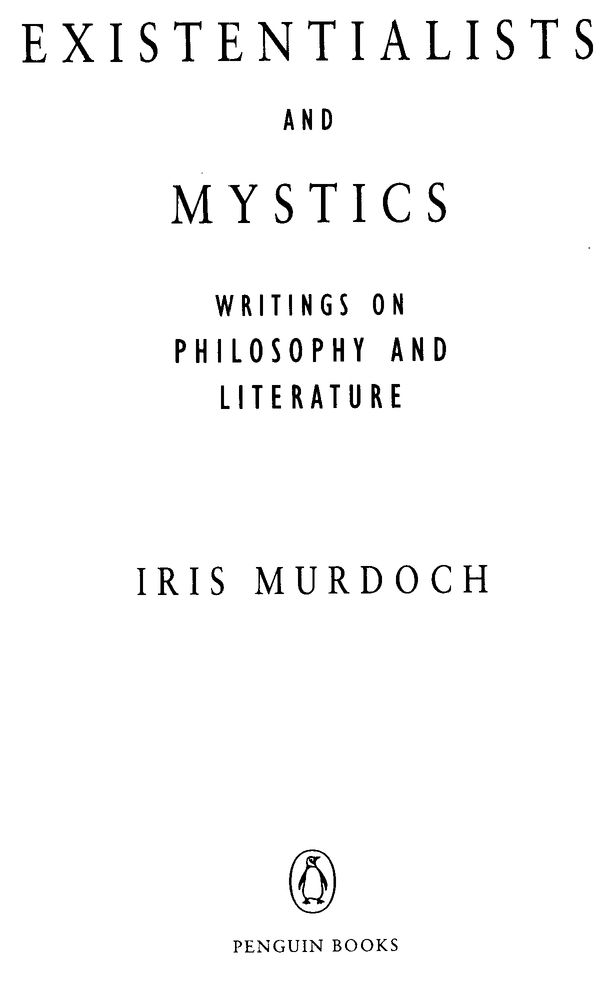Table of Contents
PENGUIN BOOKS
EXISTENTIALISTS AND MYSTICS
Iris Murdoch was born in Dublin in 1919 and grew up in London. She trained as a philosopher at both Oxford and Cambridge, and was for many years a fellow of St. Annes College, Oxford, where she taught philosophy. She wrote several works of philosophy, among which are Sartre: Romantic Rationalist, The Sovereignty of Good, and Metaphysics as a Guide to Morals. She was also the author of twenty-six novels, including The Sea, The Sea, which won the Booker Prize in 1978; The Book and the Brotherhood; The Message to the Planet; and The Green Knight. She died on February 8, 1999.
Peter Conradi, the editor of this volume, has taught at the University of East Anglia and the University of Colorado, and is Honorary Research Fellow, University College London and Professor Emeritus of English at Kingston University. He is the author of Iris MurdochThe Saint and the Artist, and has also published studies of John Fowles, Fyodor Dostoyevsky, and Angus Wilson. He is writing the authorized biography of Murdoch.
By the same author
Philosophy
SARTRE, ROMANTIC RATIONALIST
METAPHYSICS AS A GUIDE TO MORALS
Fiction
UNDER THE NET
THE FLIGHT FROM THE ENCHANTER
THE SANDCASTLE
THE BELL
SEVERED HEAD
AN UNOFFICIAL ROSE
THE UNICORN
THE ITALIAN GIRL
THE RED AND THE GREEN
THE TIME OF THE ANGELS
THE NICE AND THE GOOD
BRUNOS DREAM
A FAIRLY HONOURABLE DEFEAT
AN ACCIDENTAL MAN
THE BLACK PRINCE
THE SACRED AND PROFANE LOVE MACHINE
A WORD CHILD
HENRY AND CATO
THE SEA, THE SEA
NUNS AND SOLDIERS
THE PHILOSOPHERS PUPIL
THE GOOD APPRENTICE
THE BOOK AND THE BROTHERHOOD
THE MESSAGE TO THE PLANET
THE GREEN KNIGHT
JACKSONS DILEMMA
Plays
A SEVERED HEAD (with J. B. Priestley)
THE ITALIAN GIRL (with James Saunders)
THE THREE ARROWS and
THE SERVANTS AND THE SNOW
THE BLACK PRINCE
Poetry
A YEAR OF BIRDS
(Illustrated by Reynolds Stone)
Man is a creature who makes pictures of himself, and then comes to resemble the picture. Iris Murdoch, Metaphysics and Ethics
Foreword
by George Steiner
With the exception of formal and symbolic logic or analytic studies of the foundations of mathematics, all philosophy is part of natural language. However abstruse, whatever its resort to technical terms or neologism, a philosophic argument belongs to verbal and written discourse. This entails questions of style. Different philosophies, different philosophers have their differing styles. A metaphysics, an epistemology will have its voice, often immediately recognisable. In turn, there have been among philosophers literary masters. At the outset, ancient Greek thought did not separate the poetic from the philosophical. The poem, as in the case of Parmenides or Empedocles, was a legitimate means of philosophic argument, even of a technical nature. Lucretius and Dante inherited this unison. Prose came to prevail in philosophy, but often of an inspired and highly personal order. There is scarcely a greater dramatist of reason or, perhaps, dramatist tout court, than Plato. The most characteristic of French prose remains Cartesian to this day. Nietzsche compelled German to clarities, to a lyric terseness which few other writers have matched. There is something eerie in the aphorismic inventiveness, in the almost surrealist wit of Wittgensteins pictures and thought-experiments (cf. Paul Klee).
Concomitantly, poetry, drama, fiction have had their philosophic passions. I have already cited Dante, where any partition would be absurd. On which side of the divide, if any, do we situate Rousseau or the poems and parables of Valry? The dynamics of reciprocity between Bergson and Proust, between Thomas Mann and Schopenhauer, are organic. The fiction is informed by abstractions of a philosophic-systematic kind given executive forms by the actions, by the speech of the characters. Today, even philosophers of science recognise in Musils Man Without Qualities a text immediate to their own concerns. In the history of English-language literature, and notably in that of the novel, such symbiosis is rarer. English-American literary sensibility is wary of abstraction and of doctrine. It flinches from intellectual technicality or that which has a palpable design upon us (where Keatss warning can serve as a natural definition of moral philosophy). There have been exceptions. George Eliot was steeped not only in theology, but in the philosophies of history and of the applied sciences. Her ability to articulate, not only in her novels, the philosophic-epistemological debates of the day was of the first strength. Iris Murdoch often refers to her great predecessor. She does not, unless I am mistaken, cite a spirit in fact much closer to her own: that of Santayana, the melancholy Platonist, whose The Last Puritan is, in many formal and conceptual regards, a Murdoch fable avant la lettre.
In the professional life, in the compendious oeuvre of Iris Murdoch, philosophy and literature have been strictly inseparable. She taught philosophy at Oxford with distinction during some fifteen years. She published papers and essays and reviews in moral philosophy, in aesthetics and the history of thought. A number of these appeared in the senior journals in the trade. Her Gifford Lectures remain a memorable occasion. In at least three fields, the study of Platonic and Kantian ethics, the introduction to British students and readers of French existentialism and its Kierkegaardian roots, and in the inquiry into the nature of art and of beauty, Iris Murdoch has made contributions which, alone, would ensure something of her international stature. It is, therefore, of signal importance and fascination to have this ample collection in hand.
But nearly at every point, the essays and lectures here harvested, point not only to a prodigal philosophic content, but to Murdoch the novelist. This bearing is manifold. Thinkers - the designation is significantly askew in common English - figure largely and dramatically throughout her fiction, from the time of Under the Net, The Sandcastle and The Flight from the Enchanter to that of The Green Knight and Jacksons Dilemma. The game of recognitions is tempting. A Sartre, a Canetti (himself a novelist-philosopher), a Donald MacKinnon, that most searching of modern British moral philosophers, declare themselves in the personae of the novels as, one ventures to suppose, they did in the authors own biography. Central to Iris Murdochs imaginings are the strangeness, the solitude, the psychological and social risks inherent in the examined life. She possesses, in the rarest measure, a gift of which Valrys Monsieur Teste and Musils epic are the supreme instances: that of dramatising, of making figurative, the act of thought. This act, its damaging human context, its inward eroticism irradiate such books as The Bell, The Black Prince, that unnerving and too often overlooked colossus The Sea, The Sea and The Philosophers Pupil (a title which is of itself a summa). A Platonist through and through - Plato is our best philosopher - Murdoch has long been fascinated by the phenomenon of the coven, of the cult, of the mimetic apprenticeship which has surrounded certain masters of thought


